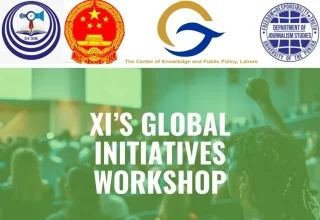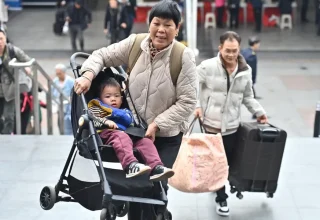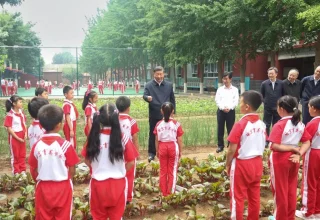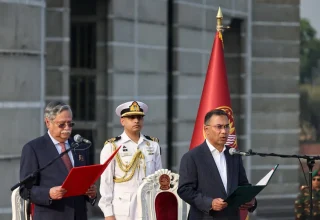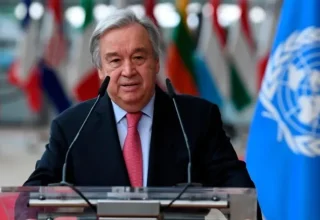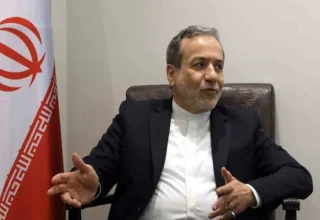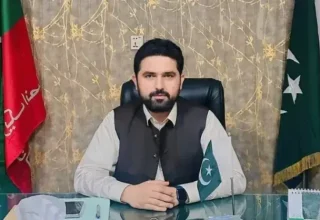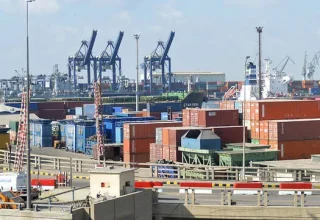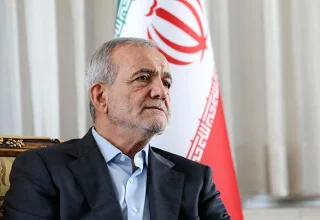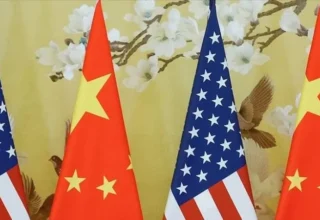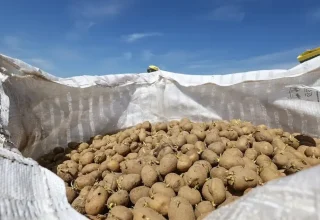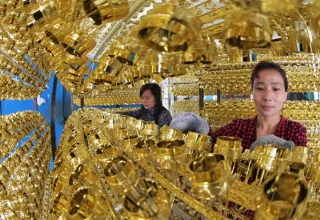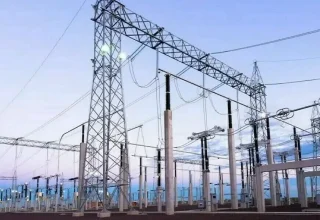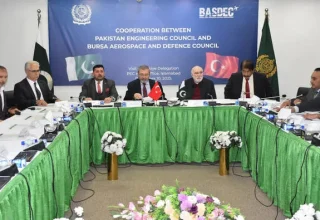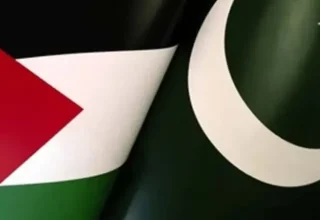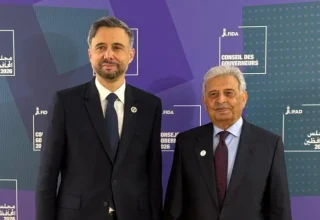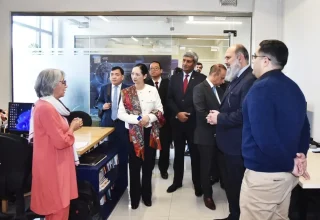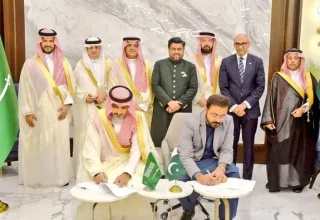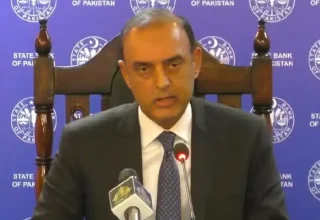
KARACHI: The Pakistan Textile Council (PTC) held its annual general meeting in Karachi, bringing together leading textile exporters, policymakers, and industry stakeholders. The event’s chief guest, Governor State Bank of Pakistan (SBP) Jameel Ahmad, delivered a detailed address highlighting Pakistan’s improving economic fundamentals, while PTC leadership pressed for urgent reforms to strengthen export competitiveness.
Governor Jameel Ahmad said Pakistan had overcome unprecedented economic challenges since 2022. He pointed out that foreign exchange reserves, which had dropped to \$2.8 billion in early 2023, have now surged to \$14.3 billion. The current account deficit has narrowed, while remittances crossed \$38 billion in FY2025, largely due to a shift from informal to formal channels.
Inflation, he noted, fell to a historic low of 3.2% by June 2025, prompting the central bank to reduce the policy rate from 22% to 11%. Reforms in exchange companies, fiscal discipline, and stabilization of external debt, he added, have all contributed to restored market confidence.
“Pakistan’s economy now stands on a stronger footing,” he said. “For FY2026, we project GDP growth between 3.25% and 4.25%. Our commitment is to maintain stability, strengthen reserves, and keep inflation within the 5–7% target range.”
PTC Chairman Fawad Anwar welcomed the SBP’s measures but stressed that exporters still face major structural hurdles.
“While stability is welcome, the cost of doing business remains uncompetitive,” he said. He criticized the exclusion of key raw materials from the Export Facilitation Scheme (EFS), arguing that it places unnecessary financial pressure on exporters at a time when global markets offer Pakistan an opportunity to expand market share.
Fawad Anwar reiterated PTC’s key policy demands, stressing the removal of import duties on raw materials excluded from the Export Facilitation Scheme (EFS), alongside limiting sales tax to 3–5% with full refundability. He also called for a uniform 1% duty drawback scheme for all exporters and the provision of subsidized financing facilities to offset rising wages and energy costs.
He added: “Textiles and apparel are the backbone of Pakistan’s economy. This is the moment for bold policy moves to secure long-term global market share and ensure Pakistan doesn’t fall behind competitors.”
The meeting concluded with consensus that textile exports must remain central to Pakistan’s economic recovery strategy. Both the PTC and SBP agreed to continue policy dialogue, particularly on renewable energy adoption and accessible export credit schemes, to support exporters in maintaining competitiveness in global markets.






